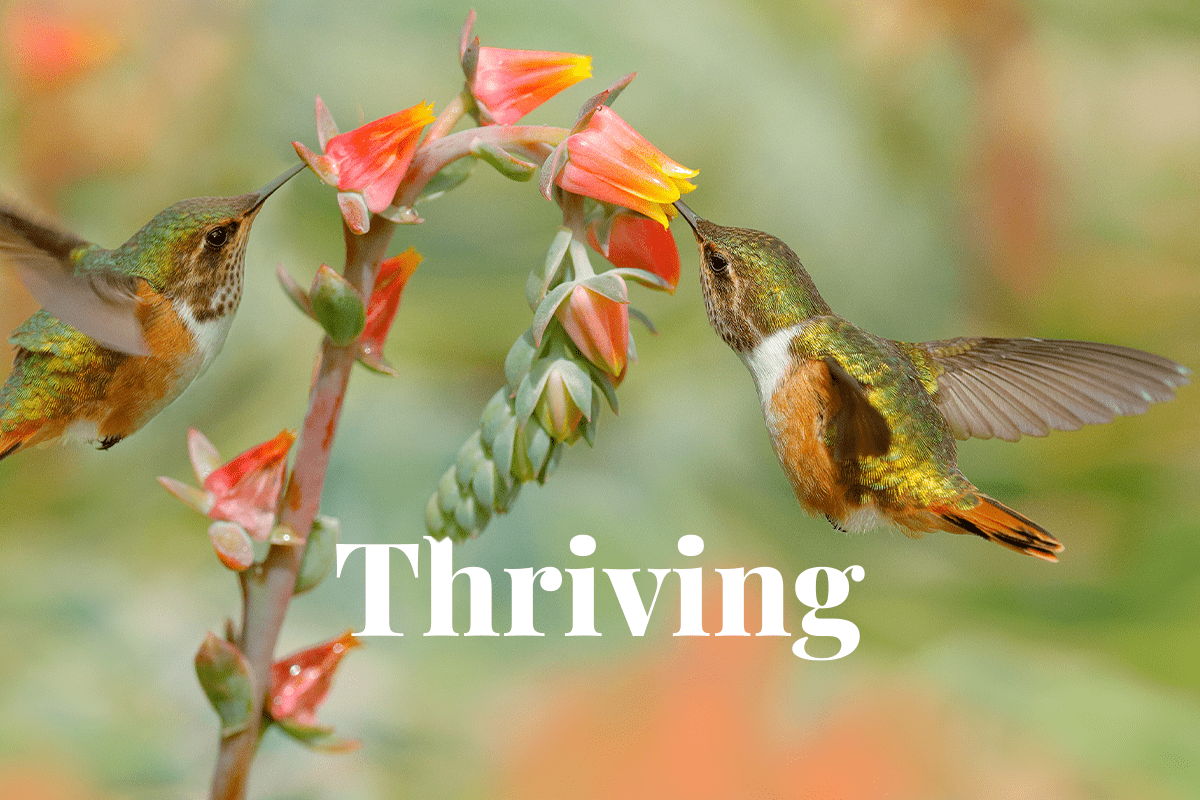The biodiversity market, a rapidly expanding sector, should have more flexibility in measuring and reporting its impact, according to a senior member of Verra, a standard-setting organisation, as reported by Carbon Pulse. Comparing it to the voluntary carbon market, Sinclair Vincent, Director of Sustainable Development Innovation at Verra, highlighted the importance of transparency and drew lessons from the carbon market history. Vincent emphasised the advantage of starting with a more advanced infrastructure, which will benefit nature and its protection over time.
 Hummingbird, smallest bird from Costa Rica, picking up nectar from a flower in tropical forest.
Hummingbird, smallest bird from Costa Rica, picking up nectar from a flower in tropical forest.
Verra is currently developing a biodiversity methodology as part of its Sustainable Development Verified Impact Standard (SD VISta). This framework aims to allow project developers to quantify the biodiversity benefits of conservation and restoration activities. The launch of SD VISta is scheduled for the end of 2023. Vincent provided a brief update on the ongoing development process, stating that Verra is collaborating with several organisations on the framework and methodologies.
Read more: 5 Ways businesses can implement the new Global Biodiversity Framework
To bridge the global finance gap for nature, the biodiversity market needs to be easily scalable, especially in terms of measuring, reporting, and verifying its impact. Vincent stressed the practicality of meeting these requirements on the ground to facilitate project participation and financial flow. She also highlighted the need for flexibility in the biodiversity market, particularly in terms of additionality and tracking metrics. Unlike carbon markets, biodiversity metrics need to account for the diverse ecosystems across different regions.
Jesamine Bartlett, Lead Scientist at Equinor, noted that there won't be a single metric for biodiversity, but rather a basket of metrics. This variability will lead to different prices for various types of credits determined by the market. Bartlett envisions a future where knowledgeable traders would value and understand the nuances of ecosystems and their contributions to biodiversity. However, measuring biodiversity impact poses challenges, making the cost of projects highly project-dependent.
Read more: The integrity of VCMs emphasised by VCMI ahead of COP28
It is essential to distinguish between offsetting and crediting in biodiversity markets. Critics often raise concerns about integrity issues similar to those signalled in carbon offset markets. Frederic Hache, Director of the Green Finance Observatory think-tank, expressed scepticism about biodiversity markets, highlighting their complexity and potential environmental integrity issues. However, experts at the BeZero event stressed that biodiversity credits should not be treated as offsets, as purchasing credits cannot offset negative actions. Verra also emphasised the importance of this distinction.
As the biodiversity market evolves, the industry and regulators must strike a balance between standardisation and safeguarding to ensure the market’s integrity and effectiveness. DGB Group believes in the power of a regulated biodiversity market to ensure a prosperous natural environment. Our commitment to conserving nature and fostering biodiversity in our nature-based projects will continue to drive our value proposition and contribute to a sustainable future for all. We have the tools to support nature in doing what it does best: making life better for everyone.
Take action for a healthier planet today

